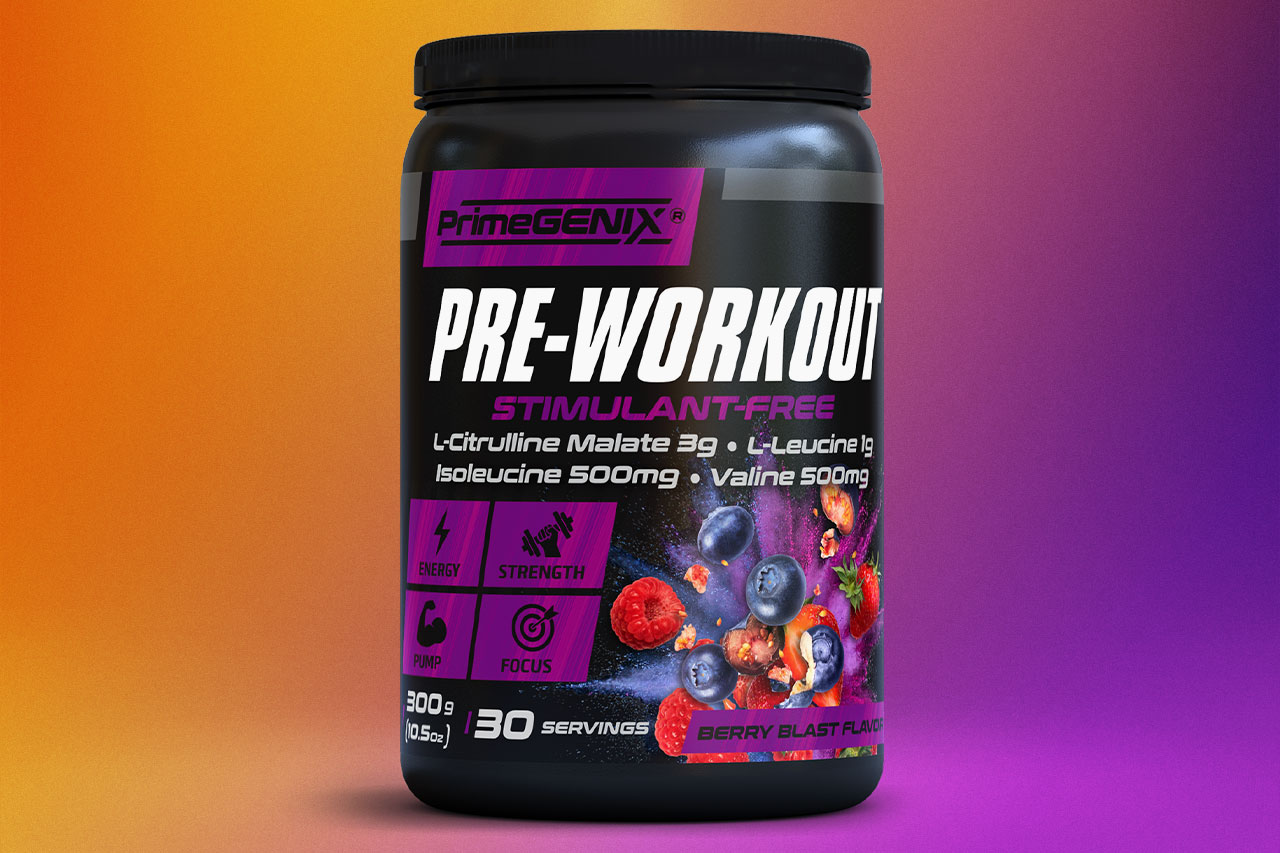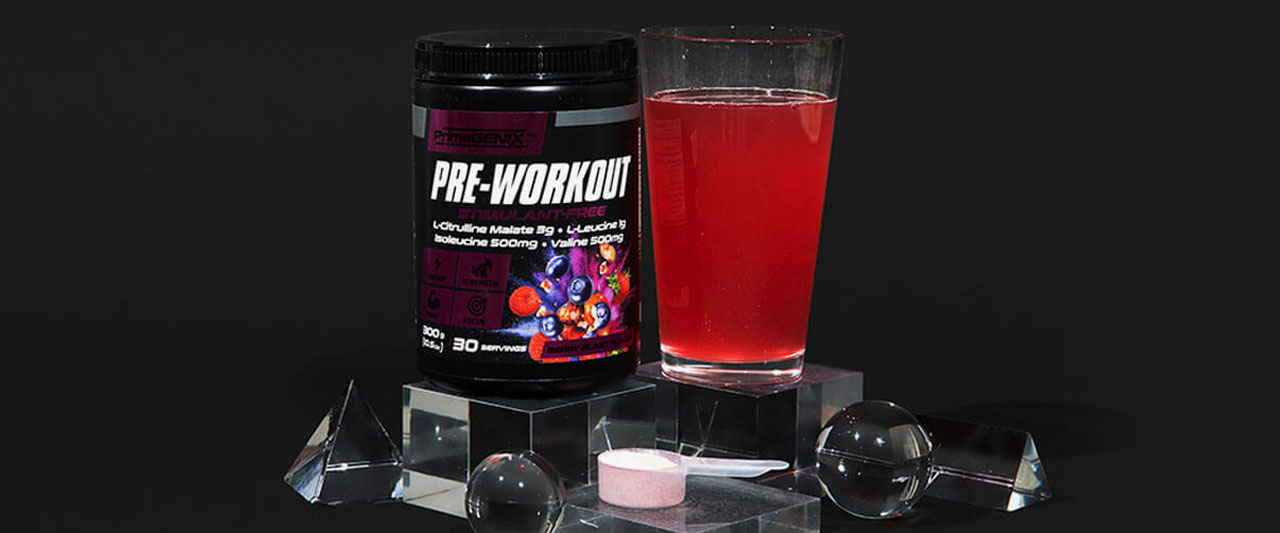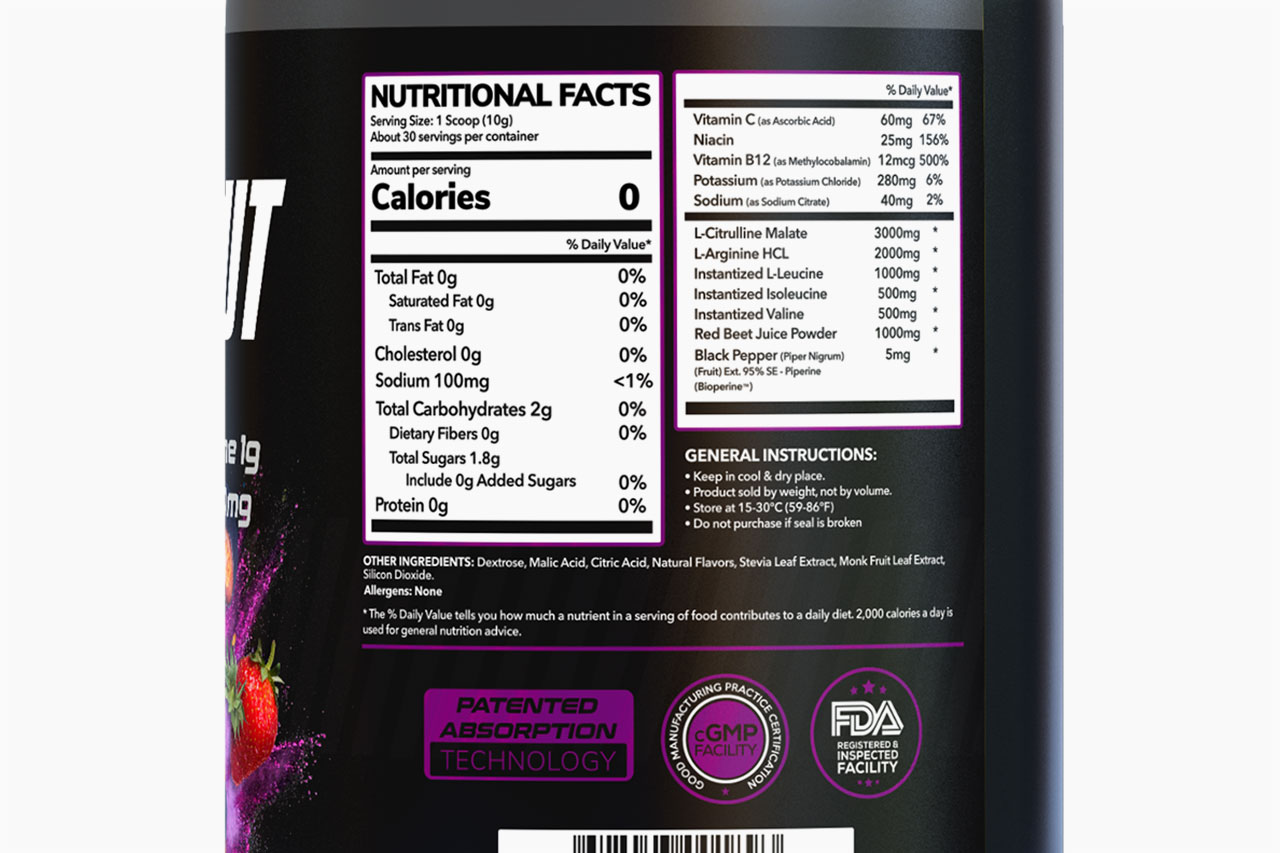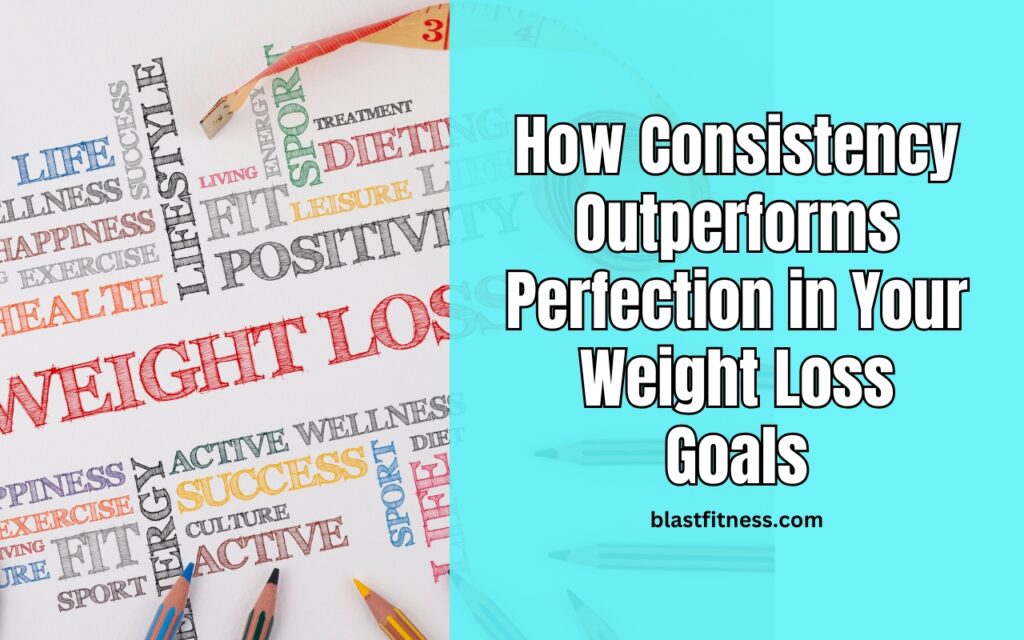
Creatine Hydrochloride is a nutritional supplement available in both capsule and powder form, designed to support strength, endurance, and muscle recovery.
At BlastFitness.com, our team of personal trainers knows that creatine supplementation can be a game-changer for athletes and fitness enthusiasts looking to boost performance. Creatine Hydrochloride (HCl) stands out for its superior absorption, reduced bloating, and potential fat loss benefits, making it a popular alternative to traditional creatine monohydrate.
Sold exclusively online, Creatine Hydrochloride claims to be the ultimate creatine HCl supplement for those seeking enhanced strength, muscle growth, and improved recovery without the common side effects of bloating or water retention.
In this article, we’ll break down how Creatine Hydrochloride works, its key benefits, and whether it’s the right choice for your fitness goals. Keep reading to find out!
What is Creatine Hydrochloride?
Creatine is a nutritional supplement company offering creatine hydrochloride powder online.
Using Creatine Hydrochloride, you can support increased muscle mass, strength, and exercise performance thanks to the power of creatine.
Creatine sells its creatine HCl in two versions, including:
- Powder
- Capsules
To enhance the effects of creatine, Creatine has added several complementary ingredients, including L-theanine, alpha GPC, and Huperzine A. These ingredients can enhance focus and cognitive ability while using creatine, helping you perform at your best physically and cognitively. Both the capsules and powder contain these complementary ingredients.
As part of a online promotion, Creatine Hydrochloride is available at a discounted rate. And, qualifying purchases come with free shipping and other free bonuses.
Creatine Hydrochloride Benefits
Creatine Hydrochloride offers the following benefits:
- Superior absorption uptake
- No loading cycle
- No bloating or digestive issues
- Increased fat loss
- Faster muscle recovery
- Available as capsule or powder
How Does Creatine Hydrochloride Work?
Creatine Hydrochloride works by giving you a strong dose of creatine HCl to support endurance, energy, and physical and cognitive stamina.
Each serving of Creatine Hydrochloride contains patented creatine HCl in the form of CON-CRET) creatine. That creatine passes strict purity lab testing and high quality standards for maximum effectiveness. CON-CRET creatine has been found in creatine supplements since 2004.
Both the capsules and powder contain additional ingredients to support focus. You get a strong dose of creatine along with L-theanine, Huperzine A, and alpha GPC, three of the most popular ingredients in the nootropic supplement space. By taking these ingredients daily, you could optimize physical and cognitive energy to support the active effects of the supplement.
Creatine Hydrochloride Features
There are plenty of creatine HCl supplements available online and in-store today. Why pick Creatine Hydrochloride? What makes creatine unique?
Here are some of the features that may distinguish Creatine Hydrochloride from other creatine formulas available today:
Superior Absorption: According to manurfacture, their creatine is “40x more soluble in fluid” than creatine monohydrate. Because the company uses creatine hydrochloride (HCl), your body can absorb the active ingredient more easily.
Superior Mixability: In addition to being easier to absorb, creatine hydrochloride is easier to mix. It mixes almost instantly with no sedimentation. Just shake or stir to mix your powder with water or the beverage of your choice, then drink.
No Loading Cycle: Normal creatine monohydrate has a loading cycle, and it takes a while for your body to absorb it. Creatine hydrochloride, on the other hand, is absorbed by your intestines “around 60% better,” according to Ketostat. You can take a smaller dose of creatine to get similar results. Your intestines absorb more of the active ingredients with less work required.
No Bloating: Ketostat Creatine Hydrochloride can reduce the chance of gastrointestinal distress issues and water retention. Some people struggle with bloating and other digestive issues with ordinary creatine. Ketostat aims to make bloating issues a thing of the past.
Faster Muscle Recovery: Ketostat Creatine Hydrochloride can reduce fatigue, and the formula is clinically proven to increase muscle strength and power output. Many fitness enthusiasts of all levels take creatine for faster muscle recovery.
Better Endurance & Power Output: Creatine can also increase power output and endurance during a workout, sport, or athletic activity. Many people take creatine before or during an activity to perform at their highest level for longer.
Increased Fat Loss: Some take creatine for weight loss, and studies show creatine can increase fat burning by raising metabolic expenditure. Some studies have shown body fat percentage drops after taking creatine, for example. Others use creatine to burn fat as part of a cut without losing lean muscle mass. If you want to lose weight while preserving muscle, then Creatine Hydrochloride could be the right choice.
Better Cognition: Creatine, on its own, has been linked to certain effects on cognition, memory, and overall brainpower. To enhance these effects even further, Ketostat has bundled additional nootropic ingredients into Creatine Hydrochloride, including alpha GPC, L-theanine, and Huperzine A. These ingredients can complement the natural cognitive boosting powers of creatine for enhanced results.
High Manufacturing Quality: Creatine Hydrochloride is made in the United States in an FDA-registered, GMP-certified facility. The formula is also tested to verify purity and potency and ensure the label matches what’s inside the formula. Plus, requests strict purity lab testing of all batches. And, the company uses CON-CRET, a patented type of creatine found in the supplement industry since 2004.
Creatine Hydrochloride Ingredients
Some creatine supplements only contain creatine HCl. Others contain creatine HCl mixed with other active ingredients.
Ketostat has chosen to add several active ingredients to enhance the effects of the supplement even further. The formula contains three extra ingredients, in addition to creatine HCl, specifically for cognitive effects.
Here are all of the active ingredients in each serving of Creatine Hydrochloride:
Creatine Hydrochloride: The superstar ingredient in Creatine Hydrochloride is, understandably, creatine HCl. Creatine hydrochloride has been shown to increase your metabolism to help burn fat, facilitate the building of lean muscle, boost endurance, help you burn more calories, and increase your energy stores. Some take it before or during a workout to perform at maximum intensity for as long as possible. Others take it after a workout for better muscle development.
L-Theanine: Creatine Hydrochloride contains L-theanine, an amino acid naturally present in green tea and certain other foods, plants, and beverages. L-theanine can support healthy sleep cycles, stress response, and feelings of wellbeing. It can also help with overall cognitive function and focus. Many people take L-theanine and caffeine as a stack: L-theanine can help nullify some of the unwanted side effects of caffeine like jitters and anxiety. Others take L-theanine to promote alpha brain wave activity and stay in a state of calm focus.
Alpha GPC: Creatine Hydrochloride contains alpha GPC, which can support physical and cognitive performance. A popular nootropic supplement ingredient, alpha GPC is known for supporting brain health. However, it can also support overall body performance “by affecting growth-hormone in healthy adults,” according to Ketostat.
Huperzine A: Creatine Hydrochloride contains Huperzine A, a natural chemical extracted from the Huperzia serrata plant. Like alpha GPC, Huperzine A is found in many nootropic supplements for its effects on cognition. Specifically, Huperzine A is associated with higher levels of acetylcholine, a brain chemical linked to memory formation. Studies show taking Huperzine A regularly could help support memory, cognition, and overall mental energy, among other benefits.
How to Take Creatine Hydrochloride
Ketostat recommends mixing one scoop of the formula with cold water, then drinking it daily to support the active effects:
For Powder: Mix 1 scoop of Creatine Hydrochloride with 12 to 20oz of ice cold water, then shake and drink
For Capsules: Take 3 capsules by mouth with 6 to 16 oz of water or juice.
The formula comes in sour blue razz and lime punch flavors, making it easy to drink with water. The capsules are unflavored.
You can take creatine at any time of the day. Unlike certain other supplements, you don’t need to take creatine at a specific time to enjoy its effects.
Scientific Evidence for Creatine Hydrochloride
Creatine has been studied extensively for its effects on health, wellness, physical energy, muscle development, fat loss, and cognition, among other benefits. We’ll review some of the scientific evidence behind Creatine Hydrochloride below.
It's advertised that Creatine Hydrochloride (creatine HCl) as the superior option to creatine monohydrate. A 2015 study found creatine HCl and creatine monohydrate delivered similar strength boosting benefits. However, only creatine HCl induced changes in body composition. In other words, all creatine can help you boost strength gains, but creatine HCl seemed to work better for reducing body fat and improving lean muscle mass – which is the goal of many people when working out.
A separate study from 2012 reviewed evidence on creatine and found taking 0.1g of creatine per kilogram of body weight led to significant improvements in muscle formation at a cellular and sub-cellular level when combined with resistance training. Researchers found the effects of creatine diminish as the length of time spent exercising increases. However, you could experience significant early training results by supplementing with creatine.
The other active ingredients in Creatine Monochloride are backed by similar evidence. A 2021 study published in Nutrients, for example, found alpha GPC increased motivation. Huperzine A, meanwhile, has been shown to provide neuroprotective effects, protecting the brain and your neurotransmitters from certain effects, which can help with cognition, memory, and focus. Taurine is an amino acid linked to improved strength and performance, including better VO2 max ratings. Meanwhile, L-theanine can help with stress-related symptoms and stress management.
This creatine also uses a specific version of creatine called CON-CRET. It’s been a popular bodybuilding supplement ingredient since 2004. According to the official CON-CRET website, it’s the 31 stimulant-free supplement for strength and endurance and the #1 bioavailable creatine. It’s 59x more soluble than creatine monohydrate, making it the best option for energy, strength, endurance, and recovery.
Overall, Creatine Hydrochloride contains a blend of science-backed ingredients linked to health, wellness, physical improvement, and cognition, among other benefits. By taking one serving of Creatine Hydrochloride daily, you could support strength gains, fat loss, and more.
Creatine Hydrochloride Supplement Facts Label
This company discloses all ingredients and dosages in the formula upfront, and there are no proprietary formulas, hidden dosages or formulas, or masked ingredients in the blend.
Here are all of the active ingredients in each 1 scoop (1 serving) of Creatine Hydrochloride:
- 2,000mg of CON-CRET Creatine HCl
- 200mg of alpha GPC
- 100mg of L-theanine
- 100mg of taurine
- 100mcg of Huperzine A
Other (inactive) ingredients, including natural flavors and stevia
Creatine Hydrochloride Reviews: What Do Customers Say?
Creatine Hydrochloride has strong reviews from customers with a range of health and wellness goals. Some take the supplement to boost lean muscle mass development, while others take it for cognition, weight loss, and other effects.
Here are some of the reviews shared by verified purchasers online:
One reviewer is using Creatine Hydrochloride while training for his marathon, describing the nutritional supplement as “exactly what I need now.” He finds her has more energy and more productive training sessions while taking the supplement.
Creatine Hydrochloride is popular among athletes, and many athletes at all levels take creatine daily for health and wellness.
Customers are generally satisfied with the taste of the Creatine Hydrochloride powder, claiming it tastes great and mixes well. However, if you don’t like the taste, then you can buy the same formula as a capsule.
Some have started to use Creatine Hydrochloride after using other types of creatine. One customer described the creatine market as a “crapshoot” for side effects, claiming it used to make him feel nauseous. Now, Creatine Hydrochloride is the only product that doesn’t mess him up. He takes 2 to 3 servings each morning before the gym and has noticed a significant improvement in the quality of his lifting.
Many reviewers have started to take Creatine Hydrochloride after previously taking creatine monohydrate. Both versions of creatine are popular and common, although many prefer creatine HCl for absorption and digestibility.
One reviewer described Creatine Hydrochloride as the “best I’ve tried,” claiming he noticed an improvement in strength and muscle visibility within just two weeks of taking the formula.
One customer mixes up Creatine Hydrochloride powder with other ingredients as part of a workout shake. Others break up the capsules and pour the powder into a shake or beverage.
Creatine Hydrochloride is popular as a preworkout, intra-workout, and post-workout shake, with reviewers taking the supplement on its own or as part of a bodybuilding supplement stack.
Creatine Hydrochloride has a strong presence on TikTok (@creatinehcl), and many customers start using the supplement after stumbling on the supplement on TikTok.
Overall, most customers seem satisfied with Creatine Hydrochloride and how the supplement works. They have achieved the advertised benefits from the formula, and the supplement works as promised to promote physical and cognitive effects.
Creatine Hydrochloride Pricing
Creatine Hydrochloride is priced at $29.99 per bottle, although you can pay even less by ordering multiple bottles. As part of an online promotion, Creatine Hydrochloride is available at steep discounts from its ordinary retail price of $39.99 per bottle.
Pricing is the same whether you buy Creatine Hydrochloride as a capsule or powder. In either form, each bottle is priced at $29.99.

Here’s how pricing works when ordering online today:
- 1 x Bottle: $29.99 + $1 Shipping
- 3 x Bottles: $83.97 ($27.99 Per Bottle) + Free Shipping + 2 Free Bonuses
- 6 x Bottles: $149.94 ($24.99 Per Bottle) + Free Shipping + 2 Free Bonuses
Each bottle contains a one month supply of formula, or 30 servings (30 scoops or 30 capsules). You take one scoop or one capsule daily to support the advertised effects.
Bonuses Included with Creatine Hydrochloride
As part of an online promotion, all 3 and 6 bottle purchases of Creatine Hydrochloride come with 2 free bonus eBooks. These eBooks can enhance the results of your Creatine Hydrochloride regimen, making it easier to lose weight, shape your body, and optimize your diet and lifestyle for maximum results.
The two bonus eBooks include:
Bonus eBook #1: Diet Meals Meal Plan Recipes: Kickstart your health and fitness journey with this free bonus eBook. It’s packed with great-tasting recipes to help you burn fat and build muscle. Working out is only part of the battle for improving body composition. In this eBook, you can discover proven ways to build muscle and burn fat using simple, functional movements.
Bonus eBook #2: Shape Your Body Workout Book: Want to perform the best workouts for optimizing your body? Want to discover the best workouts for burning fat, building muscle, and increasing endurance? This eBook teaches you how to get into shape fast with workouts you can perform at home with no equipment – or at the gym.
Creatine Hydrochloride Refund Policy
This company has a 60 day, 100% satisfaction moneyback guarantee on its supplements. You can request a complete refund on your purchase within 60 days with no questions asked if you’re unhappy for any reason.
About This Brand
This creatine brand is a nutritional supplement company found online. The company’s flagship supplement is Creatine Hydrochloride.
The brand manufactures supplements in the United States in an FDA-registered, GMP-certified facility.
You can contact Ketostat and the company’s customer service team via the following:
Email: jasmint@ketostatco.com
Final Word
Creatine Hydrochloride is a new creatine supplement available as a capsule or powder.
By taking one serving of Creatine Hydrochloride daily, you can boost endurance, increase muscle power, and lose weight while enjoying better creatine digestion.
To learn more about Creatine Hydrochloride and how it works, or to buy the popular creatine supplement online today, visit the official website.
Affiliate Disclosure:
The links contained in this product review may result in a small commission if you opt to purchase the product recommended at no additional cost to you. This goes towards supporting our research and editorial team. Please know we only recommend high-quality products.
Disclaimer:
Please understand that any advice or guidelines revealed here are not even remotely substitutes for sound medical or financial advice from a licensed healthcare provider or certified financial advisor. Make sure to consult with a professional physician or financial consultant before making any purchasing decision if you use medications or have concerns following the review details shared above. Individual results may vary and are not guaranteed as the statements regarding these products have not been evaluated by the Food and Drug Administration or Health Canada. The efficacy of these products has not been confirmed by FDA, or Health Canada approved research. These products are not intended to diagnose, treat, cure or prevent any disease and do not provide any kind of get-rich money scheme. Reviewer is not responsible for pricing inaccuracies. Check product sales page for final prices.










